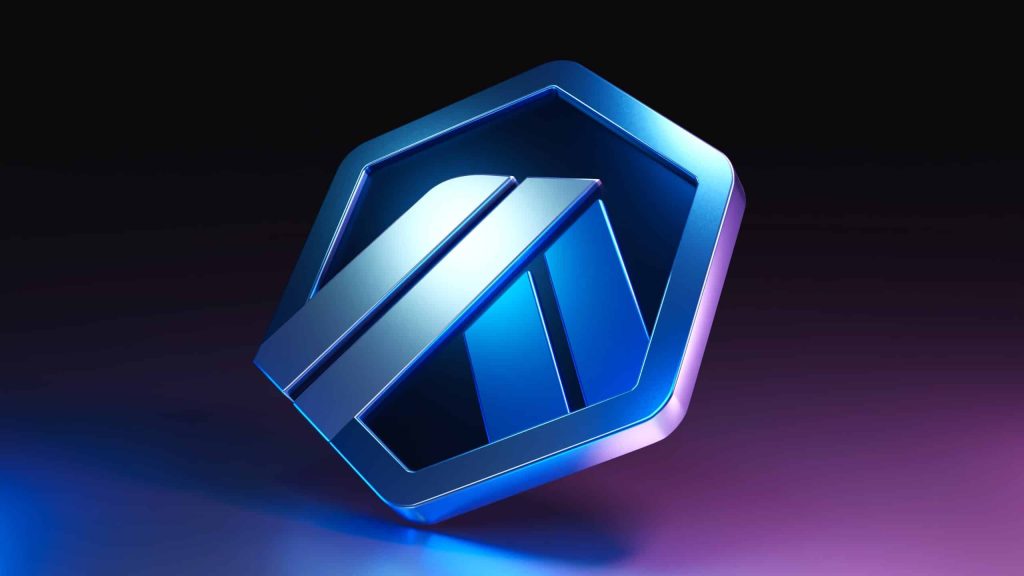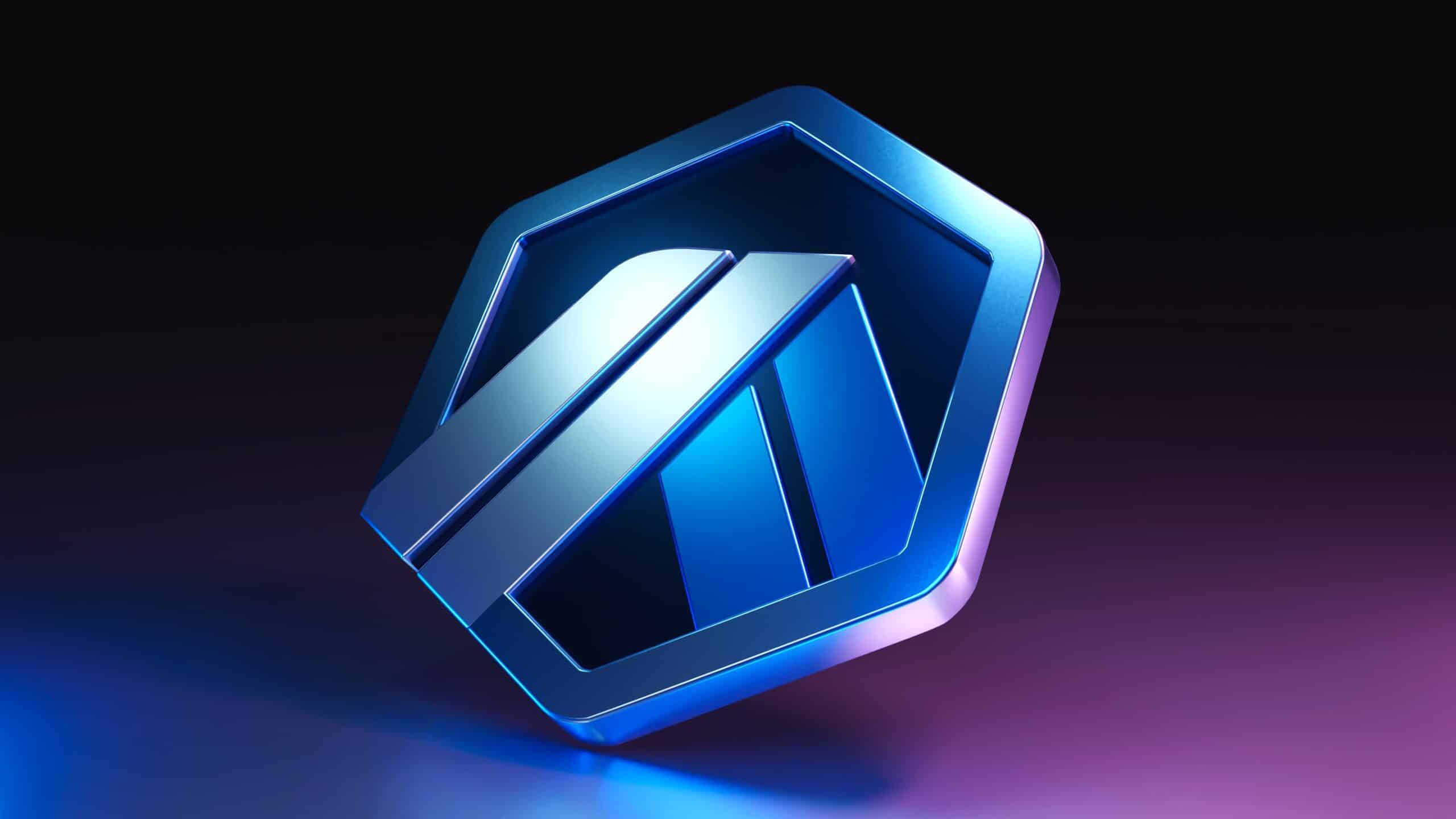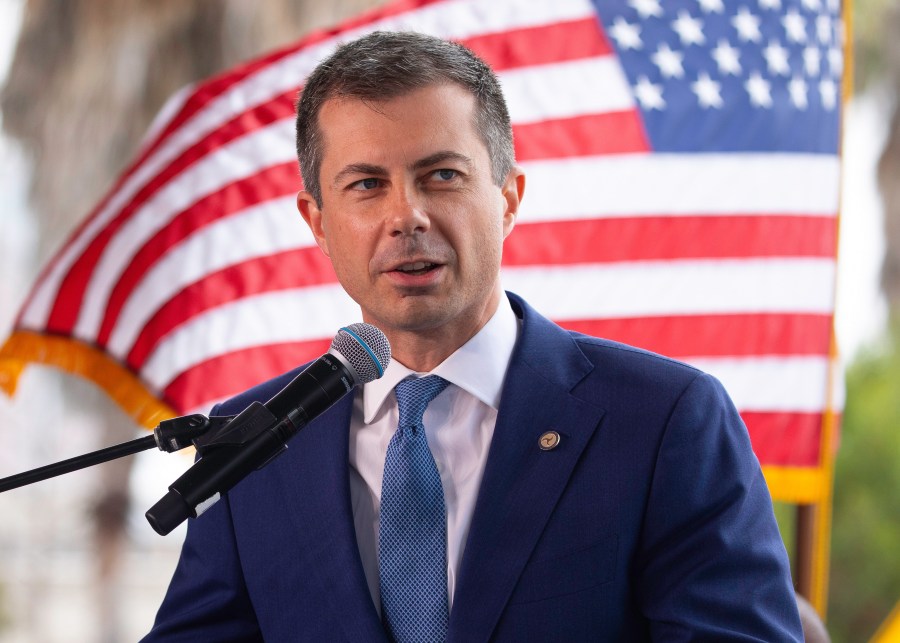
Governance members are currently mulling over a proposal that would change the focus of the network’s incentive programs to liquidity providers and DeFi users.

Token holders make up a protocol’s decentralized autonomous organization by voting on governance proposals.
(Shutterstock)
Posted December 5, 2024 at 7:43 pm EST.
While Arbitrum community members are celebrating a new record for total value locked (TVL), the network’s incentive programs aimed at fostering ecosystem activity are under scrutiny.
Arbitrum’s TVL has increased about 67% from $12.6 billion one month ago to roughly $21 billion at presstime, an all-time high for the layer 2 scaling solution that rolled out in 2021, data from research platform L2Beat shows.

However, this activity belies the lack of benefit from programs that were intended to generate more activity for the protocol. For instance, in Sept. 2023, governance members voted to support a short-term incentive program to distribute a maximum of 50 million ARB tokens ($56 million) to protocols already active on Arbitrum. Also, in Jan. 2024, Arbitrum DAO passed a proposal to establish a long-term initiative to allocate an additional 45 million ARB tokens to projects live on Arbitrum that didn’t receive funding in the earlier round.
On Wednesday, the team behind research fund IOSG Ventures published a governance proposal that aims to revamp the current incentive structure, which IOSG Ventures has called a failure for not delivering sustainable growth.
Measuring Success of Current Programs Proves Difficult
Even though Arbitrum’s total value locked is at a record level, a substantial amount of capital stems from titans that are already deployed elsewhere such as lending protocol Aave which has seen its TVL on the network rise 67% to $1.1 billion in the last month and decentralized exchange Uniswap which saw its TVL jump almost 40% to $358 million, per DefiLlama. Aave and Uniswap have seen their TVL grow at similar rates on other networks as well.
Read More: Aave on Par With Traditional Banks as Net Deposits Reach All-Time High of $31 Billion
Meanwhile, MUX protocol, the second-largest recipient of the short-term incentive program, which ended Jan. 31, has lost two-thirds of its TVL since the start of the year. The leveraged trading protocol currently has a TVL of $21.4 million, a substantial drop from $63.5 million on Jan. 1.
IOSG Ventures also argued that the incentive programs have caused negative externalities where projects not already on Arbitrum, and thus not eligible for these grants, have opted against rolling out on Arbitrum, even though it is the L2 network with the deepest liquidity. “These projects consistently cite concerns about market dynamics where established protocols have disproportionate influence through substantial ARB grants, which they use to attract users through incentive programs.”
Krzysztof Kaczor, the co-founder of L2Beat and Arbitrum delegate, told Unchained that the programs suffered from not having precise markers for what counted as success. “The issue with the incentive programs was that the exact goals were never set, so it was hard to measure whether they worked or not… You can argue in both ways [about whether the programs worked],” Kaczor said in a conversation.
Driving Incentives to Liquidity Providers
The new approach proposed by IOSG Ventures entails Arbitrum having a metric-driven framework where results come first and rewards come afterward. The proposal states, “Projects should earn incentives by achieving specific, measurable objectives that benefit the entire ecosystem.” Instead of the incentive programs rewarding projects and business entities as the current structure does, the proposal suggests distributing tokens to liquidity providers, which puts the focus more on DeFi users and doesn’t discriminate against projects not yet on Arbitrum. Read More: Trump Officially Nominates Paul Atkins for SEC Chair
The change in theory would create a “flywheel effect,” allowing Arbitrum to obtain deeper liquidity, attract more developers, support a foundation for DeFi verticals, and provide more room for experimentation.
“To make Arbitrum competitive again, we’re going to double down on incentives for the things that the most valuable users are using… Everything else needs to fade into the background,” Joseph Schiarizzi, an Arbitrum delegate who goes by @CupoJoseph, said to Unchained.







